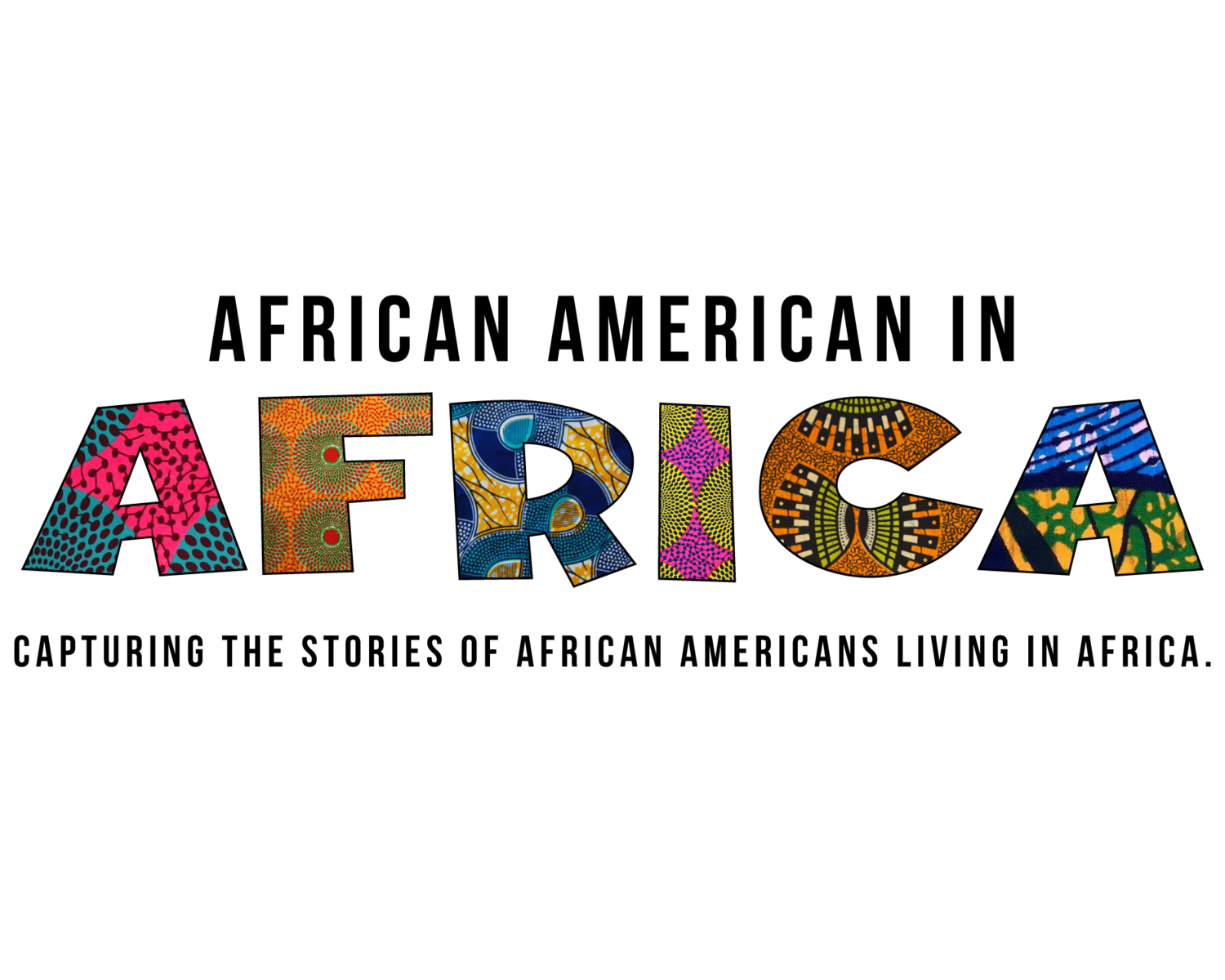On Being Told, "You’re not African."
=
One of the most hurtful things anyone has ever said to me since I’ve lived on this continent was that I wasn’t African.
It came from an Angolan student of mine who was around 19 years old. And it burned me, the African American, to the core.
Did he simply mean that I wasn't born on the continent of Africa? Well, all of my students knew that I was from New York so I didn't think that was his angle.
Did he literally mean that despite my brown skin, I couldn't possibly have any genetic ties to the continent? That I was comprised of all American and no African? Or perhaps he felt my family's centuries removed from African life equated to being a non-African. Did he see me as he saw White Americans?
Thoughts raced through my mind.
Yes, I was born in the States, but not too long ago in the grand scheme of humanity my ancestors were walking side by side yours. And how dare you diminish the enslavement of my people? They didn’t suffer tied down to the bottom of slave ships for someone to tell their descendants, “They’re not African”. No matter how much time has passed, don’t you know that my blood runs deep on this continent too? I know the difference that being born and raised on the continent brings, but at least acknowledge my ancestry. And who is anyone to take that away from me?
Interestingly enough, another student in the class jumped to my defense.
“But she’s African! Just look at her skin! She’s from Africa!”
This erupted into a slightly awkward (for me) debate over my African-ness, along with an exasperated attempt by me to give an impromptu lesson on the slave trade.
I realized I had to take a step back. It was time to reflect on how we found ourselves here yet again - at another divide within the African diaspora.
Breathe.
During my years teaching in Namibia, I got the impression that the Transatlantic slave trade wasn't heavily emphasized in Namibian or Angolan history classes. To be fair, it's not even adequately emphasized in American elementary school curriculums.
I did always want to sit in on a Namibian high school history class and page through a syllabus. Perhaps a lot of the focus is on the liberation struggle and Namibia’s fight for independence (which was gained in 1990).
But these "you're not an African" conversations are why it’s not uncommon to find an African American education volunteer in Namibia creating entire lesson plans on the Transatlantic slave trade. They hope to educate their students on just how similar and connected their histories really are. You want your students to know about what lies behind all the dazzle of African American celebrity culture. That we are also a people with a rich history who come from such a strength. A people so often searching for links to the African continent… only to sometimes be stung in the face with a statement like, “you’re not African”.
Yet it only takes spending a short time with African diasporians and continental Africans to see the cultural similarities that have lasted despite the centuries apart. But how many of us have been so privileged to witness this? Perhaps if more of us were we'd be more hesitant to recycle divisive statements.
I lovingly acknowledge the brilliance of my Mother, who raised me with such a powerful sense of self, irrespective of anyone's definition of who I am. She left me with the ability to recognize that in my soul lives the energy of west Africans and southern Africans, a beautiful blend of the continent.
Naturally I yearn to have a tribe to call my own, but I still adorn my African American-ness. My head remains high, knowing that I descend from a resilient and stellar people. Who today continue to break every barrier, while boasting a culture so influential that the world can't help but to emulate.
---
You may come across cutting statements related to your own African identity during your continental travels. Comments and opinions that can knock the wind out of the African homecoming you thought you were enjoying. Sometimes there's an opportunity for cultural exchange. While other times the statement should be taken with a grain of salt. More often than not Namibians have welcomed me as an opportunity to learn more about African American culture. But in the face of doubters, I say allow the energies of your ancestors to be your identity and guide you through your African excursions.

